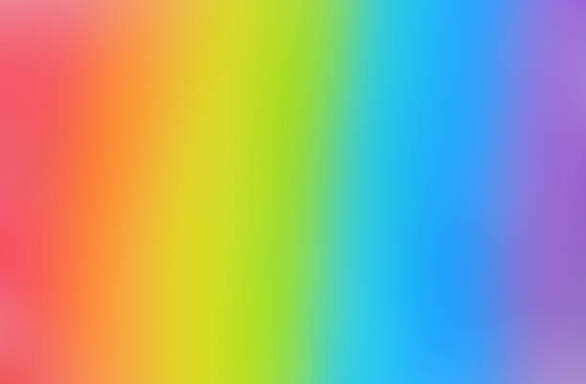|
Stereotypes abound in literature. They become part of formulas, stock characters or situations that are used across genres. But stereotypes are just generally accepted assumptions about groups of people, and many times, not only are they untrue, they are hurtful and dehumanizing. Everyone deserves representation in literature. I’ve gathered two members of the Writing Arts student body and of the LGBTQ community, Scott MacLean and Georgia Iris Salvaryn, to discuss LGBTQ stereotypes in literature and how to avoid them in writing. Writer’s Insider: What harmful stereotypes have you seen in literature and other media? Scott MacLean: So one of the most prominent stereotypes that I see usually involves gay men being obsessed with straight men or straight-acting men. It reinforces this predatory idea that all gay men want to seduce masculine straight guys. Another thing I've noticed is sometimes it seems like they include a gay character just to check off a box, and then the character is just a shallow one-dimensional character with no backstory or progression (e.g., the gay best friend). The worst stereotype is the fixation on sex, as if that is all gay men care about and they just can't control their libido. So many of the movies I've seen that are labeled "LGBTQ" are about drugs, partying and sexual encounters. I think sometimes people are just trying too hard when they write gay characters or not nearly hard enough. I'm also so tired of seeing gay characters die or have unhappy endings. Why can't they get married in the end? Why can't they ride off into the sunset? I understand it's important to show the struggles that people in the LGBTQ community face, but I don't think that every story has to end in tragedy. Georgia Iris Salvaryn: I have only recently started reading and watching LGBTQ literature and media, but I have heard that many times, the author/creator forms their LGBTQ characters based on mainly stereotypes. I'm personally not sure if that is just something that is "inescapable" (in other words, if the person who wrote the book or created the media doesn't identify as that sexuality, how can they otherwise write the character if not based on some stereotypes?) or if it's their choice to create generic characters and/or "drama" within the story. “Sometimes it seems like authors include a gay character just to check off a box.” |
Archives
March 2024
Categories |

 RSS Feed
RSS Feed